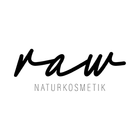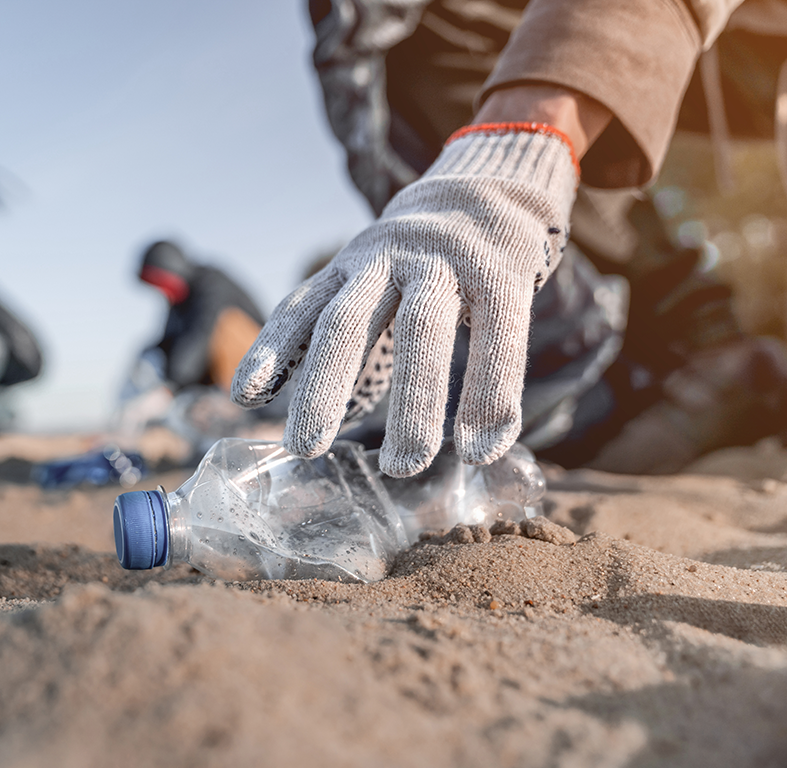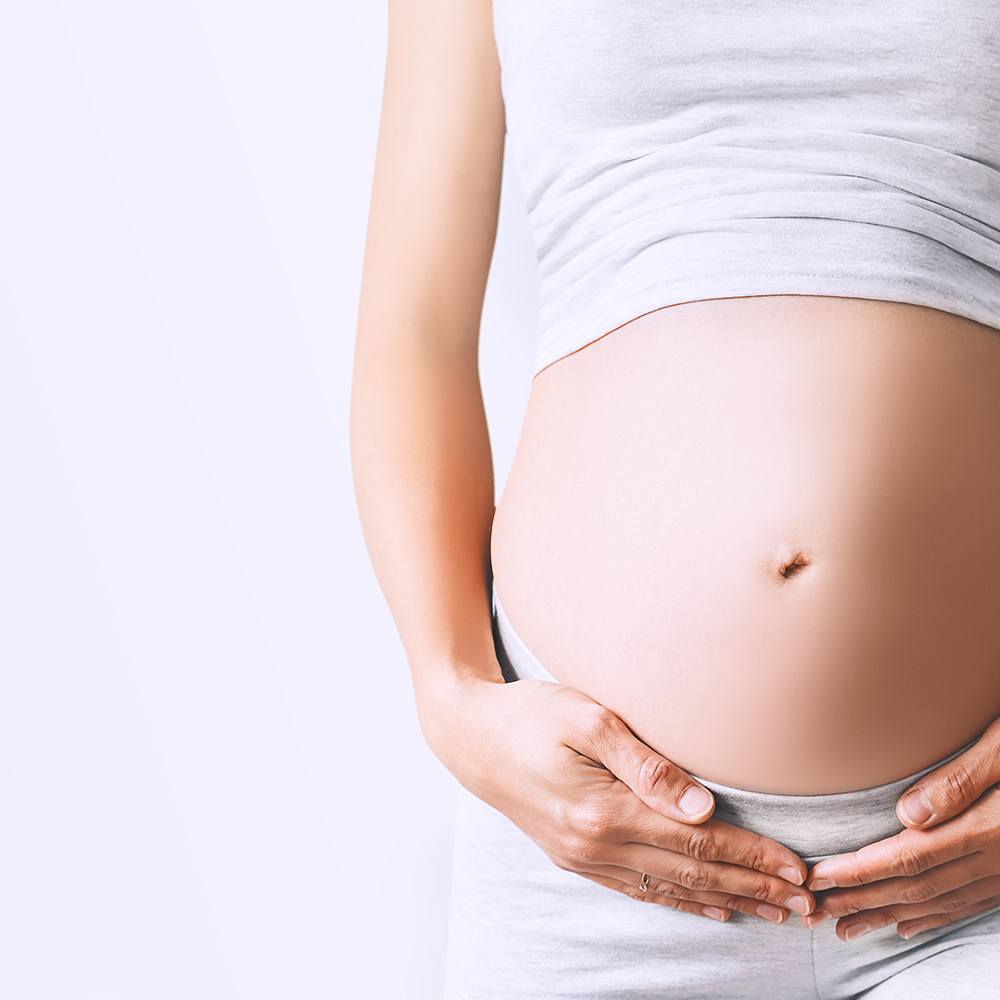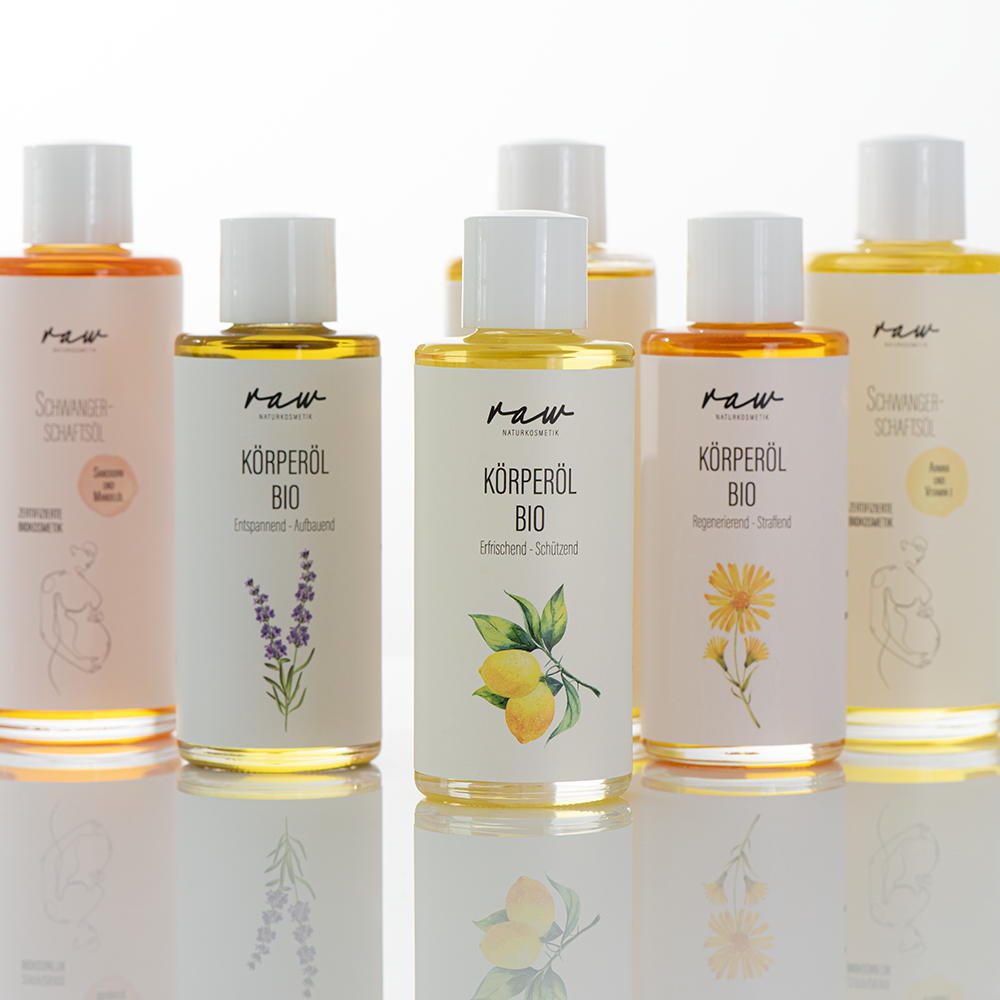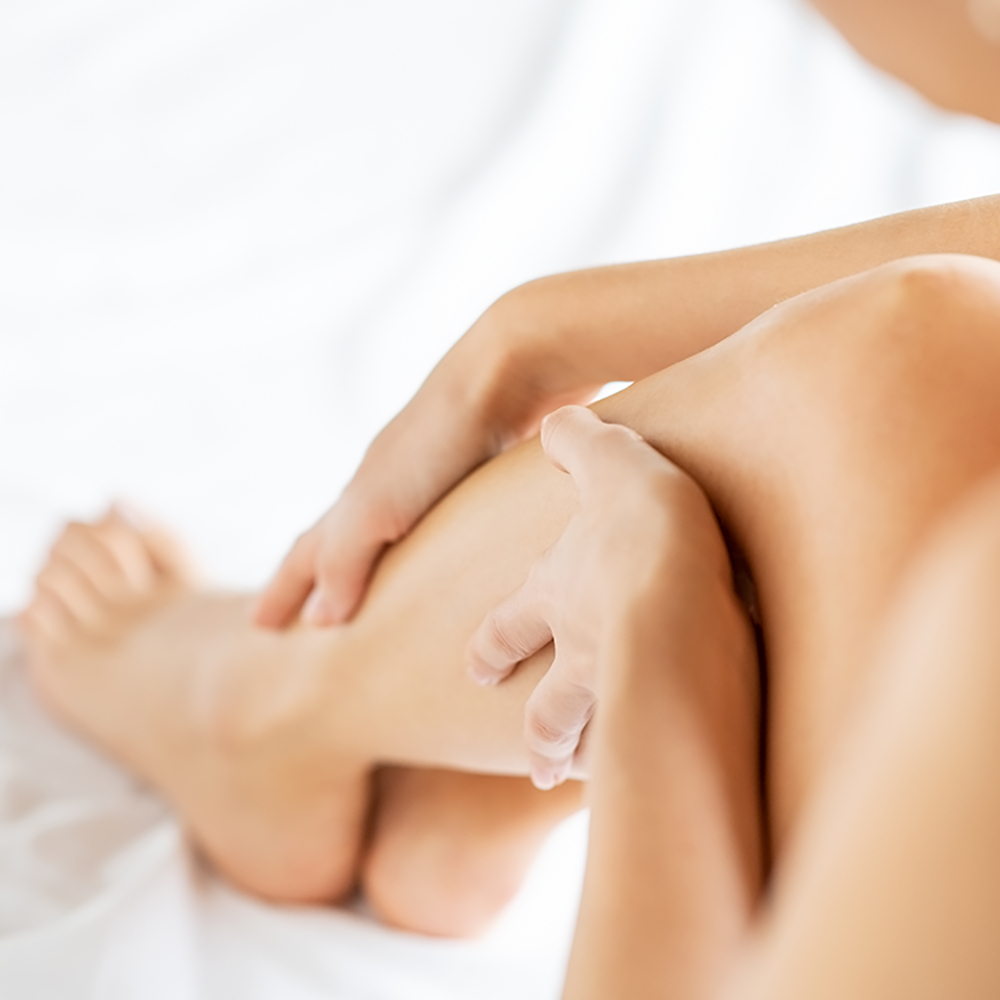We all have a responsibility towards future generations. It was therefore clear to us from the start that we wanted to produce in a climate-neutral manner.
Our labels are made from so-called stone paper, which is a mix of marble mining waste and recycled polyethylene. The special thing about the production is that no water, wood, acids or bleach are used. The delivery routes are also short here, as our label manufacturer, like us, produces in Baden-Württemberg.
Our shipping boxes are made from grass paper, which, as the name suggests, is made from grass. The production of grass paper saves water and energy and causes less CO2 pollution. The paper or cardboard made from it is free of chemical substances and recyclable.
Wherever possible, we use raw materials “Made in Germany”.
However, since production cannot be made completely climate-neutral, we work with ClimatePartner. Here our exact CO2 footprint is recorded and this is then offset through a climate protection project.
In this partnership, we continue to work on improvements to reduce our CO2 footprint.
Our PLASTIK BENCH project
Over 8 million tons of plastic waste end up in the ocean every year – one dump truck every minute. By 2050 there will be more plastic than fish in the oceans.
Especially in developing countries, huge amounts of plastic waste are created due to packaging and a lack of infrastructure to dispose of waste. This waste collects on land and quickly reaches the sea via rivers and wind.
Money for plastic - that is the approach of this project to prevent that. In Haiti, Indonesia and the Philippines, garbage collectors can earn an income this way. Anyone can collect plastic waste there and exchange it for money, food, drinking water, cell phone credit, cooking oil or even school fees at the local Plastic Bank collection points. The exchanged value is higher than the actual market value of the plastic, so that local people can actually make a living from it.
This project prevents a lot of plastic from ending up in the sea. It is recycled and processed into so-called social plastic, which in the cycle becomes new products - ecologically and socially compatible.
Because there are no certified emissions reductions, ClimatePartner supports this project in combination with a Gold Standard climate protection project, a wind farm in the Philippines: www.climatepartner.com/16848-2108-1001 . With every ton of CO 2 we compensate for 10 kg of plastic waste.

